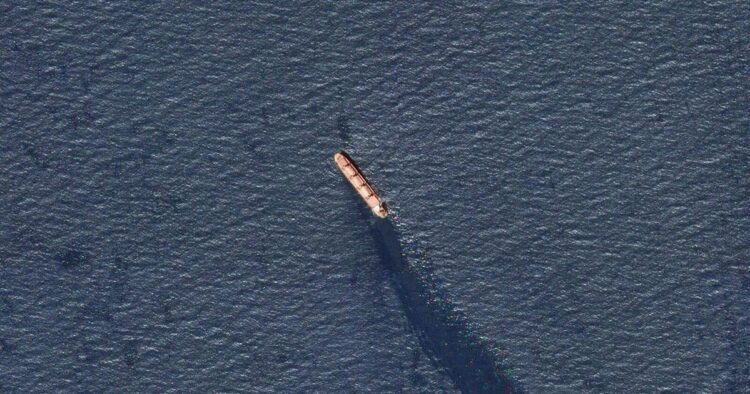The US Military has successfully thwarted multiple attacks by Houthi rebels in Yemen, targeting merchant vessels and US Navy ships in the Red Sea. On Friday, the military’s Central Command announced that it intercepted four Houthi drones and two anti-ship cruise missiles, preventing them from launching towards their intended targets. Additionally, three Houthi one-way attack drones were neutralized near commercial ships operating in the area.
The strike was conducted in response to an imminent threat posed by the drones and missiles, which were poised to launch from Houthi-controlled areas of Yemen towards the Red Sea. Despite the intense engagement, no damage was inflicted on any ships during the operation, as confirmed by the Central Command.
This recent action follows a series of defensive strikes carried out by the US Military against the Houthi rebels. Just a day prior, four “self-defense” strikes were executed, resulting in the destruction of seven anti-ship cruise missiles and a mobile ballistic missile launcher in Yemen. These measures underscore the ongoing efforts to counter the Houthi insurgency and safeguard maritime security in the region.
However, the Houthi rebels have shown resilience in their attacks, as demonstrated by their recent assaults on both Israel and a ship traversing the Gulf of Aden. Despite facing US-led airstrikes targeting their forces, the rebels managed to launch attacks, setting a vessel ablaze and targeting Israel’s port and resort city of Eilat with ballistic missiles and drones.
In response to escalating tensions, a Houthi representative emphasized the group’s determination to intensify operations in strategic maritime routes, including the Red Sea, Arabian Sea, Bab al-Mandab Strait, and the Gulf of Aden. This assertion comes amidst a shift in Houthi’s targeting strategy, moving from primarily targeting pro-Israel shipments to launching more indiscriminate attacks, posing a significant threat to vital waterways crucial for global cargo and energy shipments.
The recent escalation in maritime conflicts underscores the ongoing challenges faced by regional and international stakeholders in maintaining stability and security in key maritime passages. With the threat of Houthi attacks persisting, concerted efforts are essential to mitigate risks and ensure the safe passage of vessels through critical waterways.

















Comments